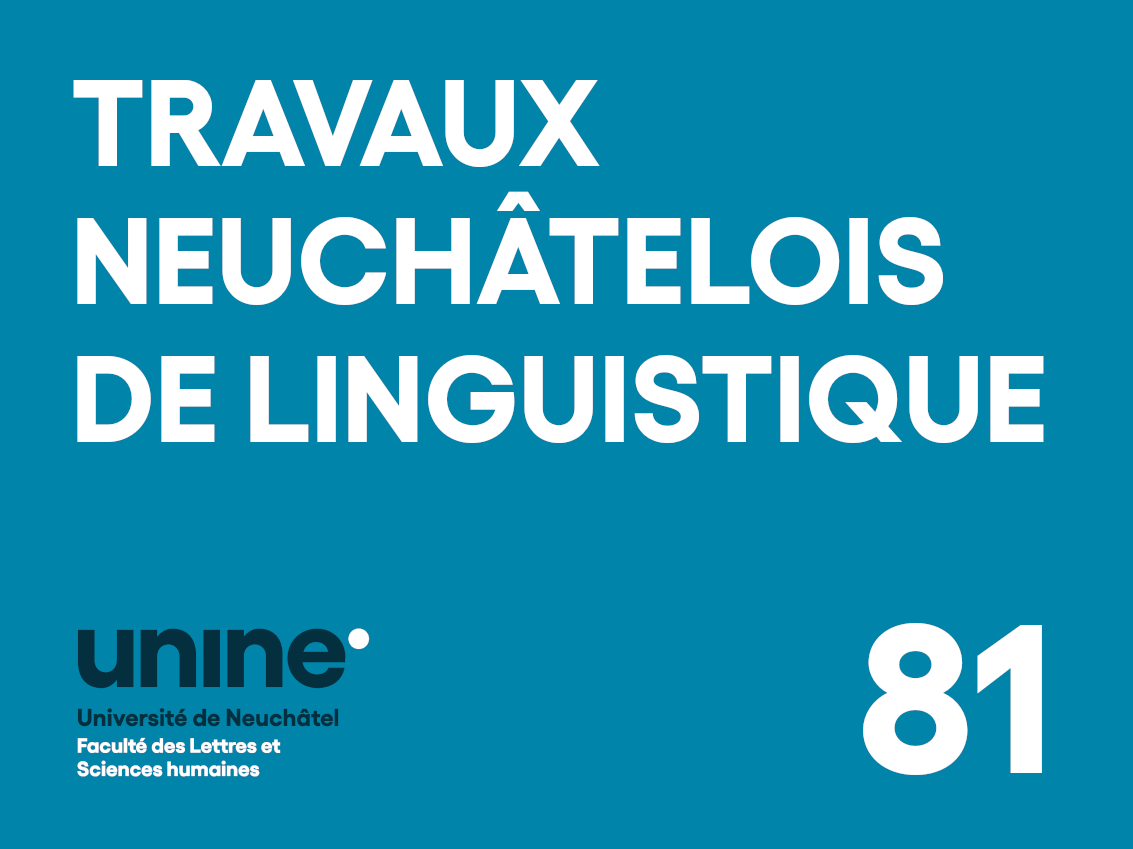Réalisations des pronoms sujets chez des enfants sourds moyens âgés de 3;11 ans, entre difficultés phonologiques, pragmatiques et morphologiques
DOI :
https://doi.org/10.26034/ne.tranel.2025.8181Mots-clés :
Logopédie, Morphologie, Surdité, EnfantsRésumé
Children with moderate hearing loss may encounter difficulties in their acquisition of phonology and morphology (Briscoe et al., 2001; Norbury et al., 2001; Halliday et al., 2017). In French, their productions are overlooked, despite the difficulties observed in their frequent omissions of object pronominal forms (Delage, 2008; Tuller & Delage, 2014). These pronominal forms are generally produced in an unstressed position. In phonology, fricatives seem particularly difficult to acquire (Stelmachowicz et al., 2001, 2002; Teveny & Yamaguchi, 2022), and these phonemes are present in pronominal forms in the subject position, which are generally unstressed and can refer to different entities. This paper focuses on the intertwining of the different difficulties in the acquisition of young children with moderate hearing loss of 3;11 years old. Semi-spontaneous productions were collected and analysed phonologically, morphologically, and pragmatically to determine whether their realisations in the subject position were multi-dimensional. A complex picture emerges, showing the interaction between the different levels and their functional solidarity in acquisition (Feuillard, 2001).



